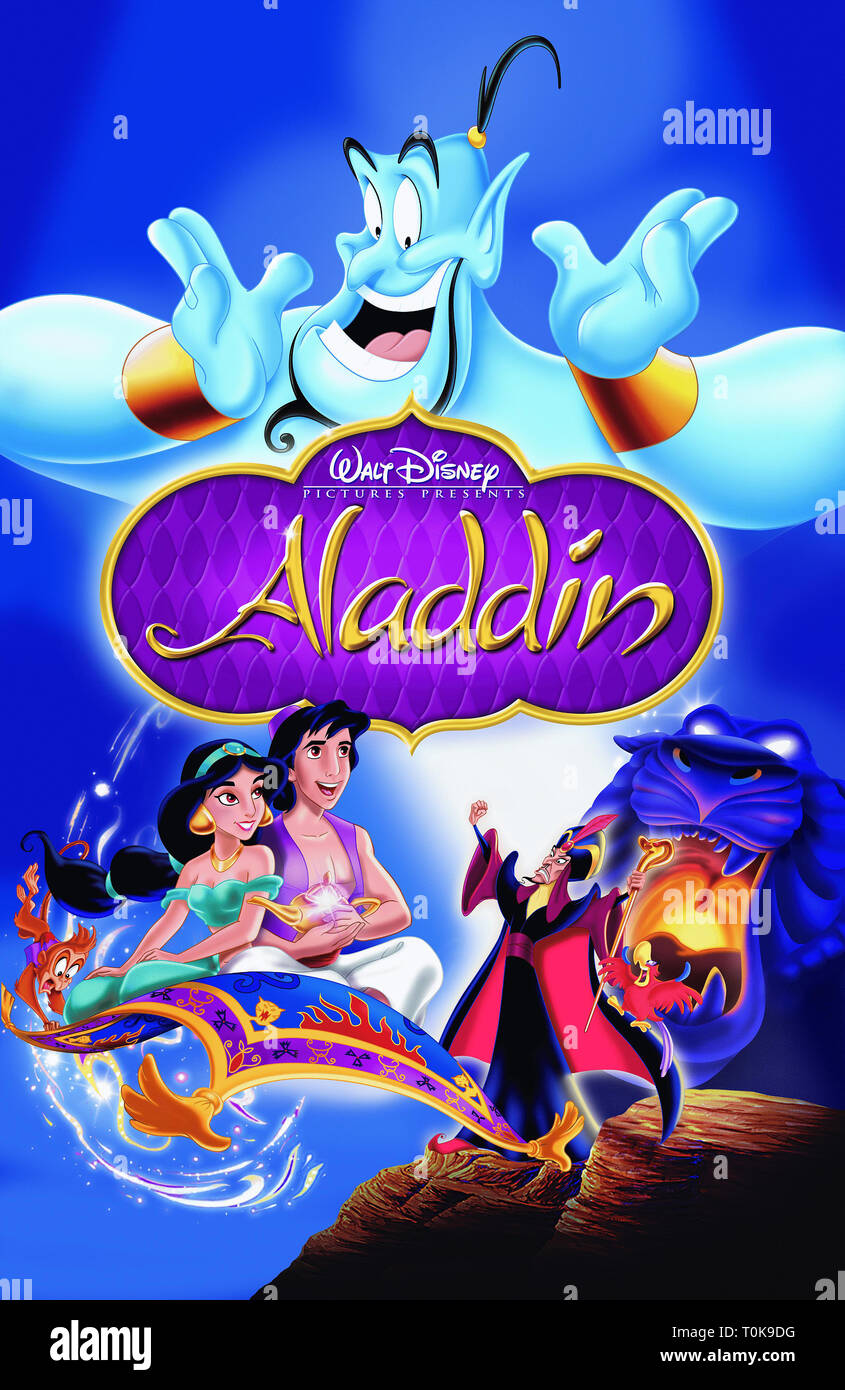

It’s wonderful to be able to be in the room with the people, to actually hear them live in the moment. Jonathan Freeman: We did get to work with everybody in the beginning. Josh Weiss: Did you ever record your lines alongside Scott Weinger, Robin Williams, etc? I didn’t have one bad day in the studio with them ever and I worked on it for a year and nine months, on and off. They were and are wonderful animators and writers, so they had everything that they needed.
#Jafar aladdin old guys how to#
This is what we’re really looking for.’ They were good directors knew how to talk to actors. This is the emotional center of the character. Try investing in this word and that word. There’s a wall where they post all of the scene work up and they kind of take you through the scene frame-by-frame. Jonathan Freeman: Oh, sure, absolutely! When I say that they were a great tag team, it’s not just on site coaching. Josh Weiss: Did they give you a pitch for the character? They were very willing to keep inching me further and further toward the edge of the cliff (I’m speaking metaphorically) to make the biggest, boldest choices I could and then they’d encourage you to jump off the cliff at times, too. The main thing I learned is that you can’t make too many mistake, because you just do it again and again and again. In this case, one director was mostly in the booth and the other director was on the floor to push you and coach you, so they really worked like a tag team. That’s an actual studio, by the way, I didn’t make that up. One of them was generally in the booth in Studio B at the corner of Dopy Drive and Goofy Lane where I spent most of my time recording, going back and forth from New York to Los Angeles. Jonathan Freeman: They’re a great, really wonderful, directing team. Josh Weiss: What tips did you get from the directors, Ron Clements and John Musker? And even though the cat and the fox are not necessarily the major villains, they were pretty sly and nasty, I liked them. Stromboli in Pinocchio was probably the first one that I saw. I like pretty much all of the villains and villainesses. I was a big fan of Hans Conried, who was the voice of Captain Hook also had a presence on television, playing a gazillion different weird characters, when I was growing up. It makes a big difference to how the story plays out and how exciting it can be, whether it’s in the writing or in the actual playing of it. You have to have something to push against and the tougher the villain, the tougher the obstacle, the better the story. Let’s face it, without a good villain, you don’t have a good story. What appealed to me was their sort of operatic scale. I told you before, I always loved Disney villains. Nobody thinks of everything on their own. Jonathan Freeman: Oh, God, yes! Everybody is formed in some way, no matter what they tell you. Josh Weiss: Were you influenced by a specific bad guy that you looked up to? Looking at the character’s face and how the dialogue was written … that’s really it. They also sent a preliminary drawing of Jafar it is not the drawing Jafar-Andreas Deja’s finished drawing of Jafar that we know-but it was a drawing that had a lot of similarities, things that gave me some clues. They sent me a couple of scenes that I knew I was going to be auditioning with and you just have to listen to the language and get an idea. Jonathan Freeman: I went to work at it the way I go to work on any character … You start with the text. Josh Weiss: How did you craft the voice of Jafar? Just before Christmas of 1990, my agent called to say that I booked the job and I started working immediately in January of 1991. The second audition was in an enormous room filled with everybody from Disney. The first audition was just me and a piano player and the casting director in a room the size of a closet. It was quite a longe time before I had a callback. We went after it she submitted me and … I had an audition in the summer of 1990. who was also very interested in animation. When this opportunity came up, I had a wonderful agent at the time.


 0 kommentar(er)
0 kommentar(er)
